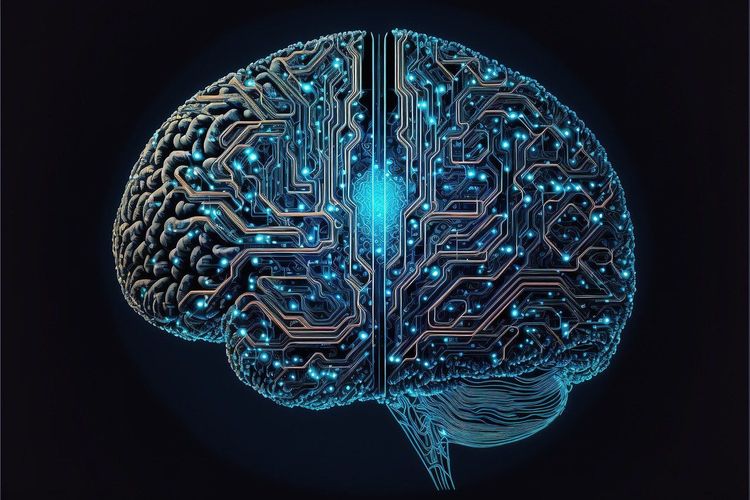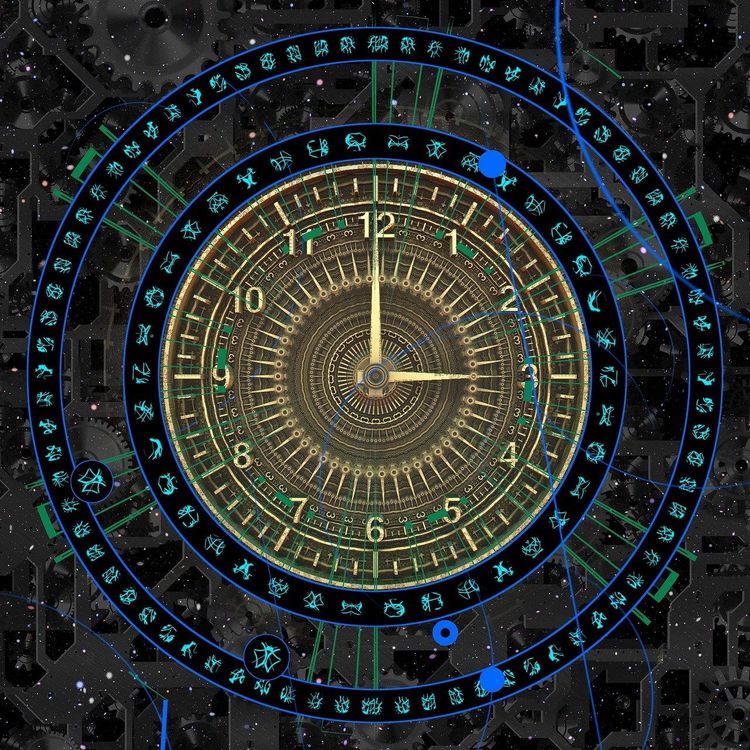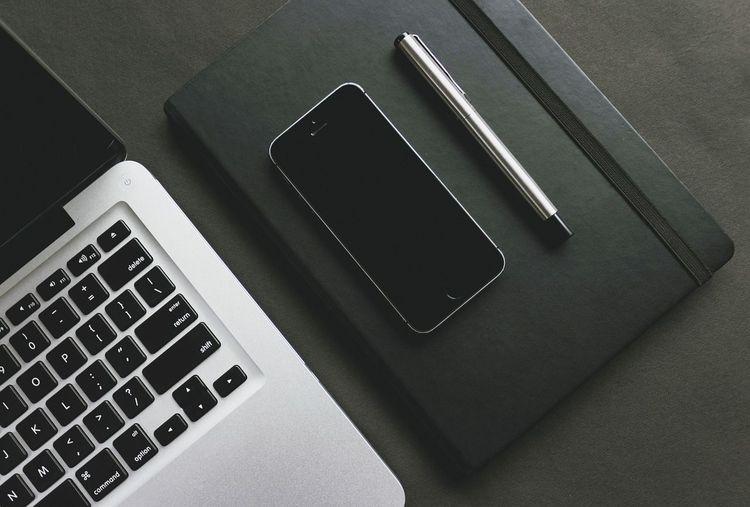A recent ruling by a Chinese court marks a significant breakthrough in the realm of copyright law, specifically concerning AI-generated images. The Beijing Internet Court determined that a collection of images created by artificial intelligence exhibited "originality" and mirrored human creative intellectual input, thereby qualifying for copyright protection.
The court’s decision emphasizes that a human played a crucial role in defining the parameters for the AI model and ultimately selecting the final images. This process meant that the output was a product of their intellectual contributions, embodying what the court described as the plaintiff's personalized expression.
This verdict sharply contrasts with positions held by Western courts, which have typically denied copyright protection for AI-generated works due to a perceived absence of human authorship. Angela Zhang, a law professor at the University of Hong Kong, expressed on X (Twitter) that the ruling signals China's intention to adopt a “pro-growth, business-friendly stance in its AI regulation.” Contrary to the notion that China maintains strict control over generative AI, Zhang argues that initial regulations were softened during the legislative process. Notably, shortly after interim measures were implemented, the government authorized eight Chinese companies—including Baidu and SenseTime—to launch their AI chatbots.
#### Intellectual Investment in AI Images
The landmark case was initiated by plaintiff Mr. Li, who utilized an AI model to create an image of a Japanese school girl ‘idol’ and shared it on Xiaohongshu, a social media platform akin to Instagram. Allegations arose that a blogger appropriated this image, creating variations and publishing them without Mr. Li's consent, prompting him to file a lawsuit for copyright infringement.
In siding with Li, the Beijing Internet Court determined that the AI-generated images fulfilled the criteria for "originality" and included a distinct human intellectual contribution. The court recognized that Li's input was evident in the character design, prompt selection, and the choice of the final image.
The court stated, “When people use artificial intelligence models to generate pictures, it is still essentially people using tools to create.” It further asserted that images generated by artificial intelligence, which adequately reflect a person’s original intellectual investment, should indeed be acknowledged as works deserving copyright protection.
#### A Shift in Intellectual Property Law for AI
Traditionally, AI-generated images have struggled to secure copyright protection. In the U.S., there was a brief instance of copyright being granted for AI-generated content regarding a comic book, but the decision was later overturned by the U.S. Copyright Office. In that case, artist Kris Kashtanova retained copyright protection for the narrative but not the images themselves.
U.S. courts have consistently reinforced this standpoint, rejecting copyright claims related to AI-generated images. Additionally, attempts by plaintiff Stephan Thaler to obtain patent protection for AI-generated inventions were declined in the U.S., U.K., and Europe. To date, South Africa stands out as the only country to permit an AI system to receive patent protection, although its patent laws lack a formal definition of an inventor.
This ruling from China could herald a new approach to the intellectual property rights associated with AI-generated content, potentially influencing global discussions and policies surrounding copyright and AI technologies.







